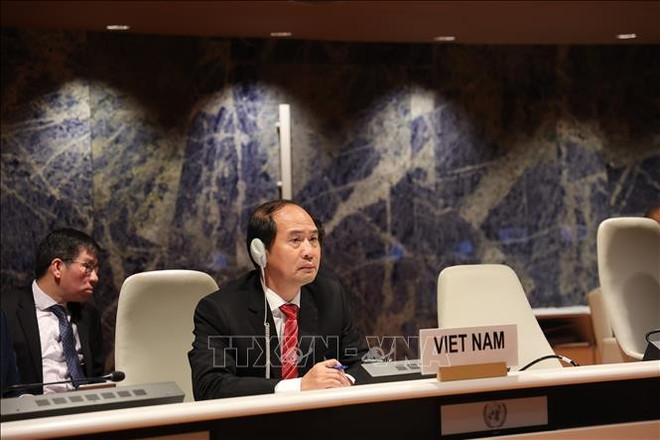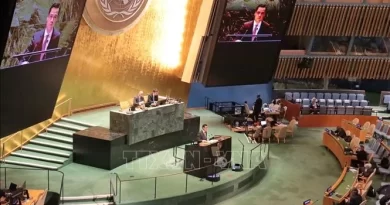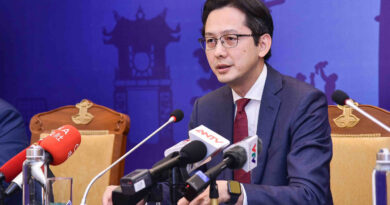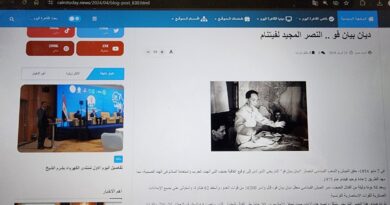Vietnam remains committed to protecting PwDs’ rights
As an active member in implementing the CRPD, Vietnam hopes to receive technical support from the committee and development partners to further promote inclusive development for persons with disabilities, improve policies and legal frameworks, and build capacity for personnel in this field, said Deputy Minister of Home Affairs Nguyen Van Hoi.

The Vietnamese delegation’s two-day session for defending reports on the implementation of the United Nations Convention on the Rights of Persons with Disabilities (CRPD) at the UN headquarters in Geneva ended on March 7.
Sharing the outcomes of the session, Deputy Minister of Home Affairs Nguyen Van Hoi said that the Vietnamese delegation received over 30 comments from members of the UN Committee on the Rights of Persons with Disabilities and national working group members.
This demonstrates that Vietnam has achieved significant progress after 10 years of ratifying and implementing the CRPD across all fields, including institution and policy development, the issuance of action programmes and initiatives to ensure the rights of persons with disabilities (PwDs) as stipulated by the convention.
According to the official, through the comments and feedback from the committee, the delegation has gained valuable insights, recognising both the achievements and challenges that Vietnam needs to address in the coming period, thereby helping it review and assess the implementation of the convention, as well as relevant laws, policies, programmes, and initiatives supporting this vulnerable group, and developing new ones for the 2026-2030 period.
The objective and constructive assessments, along with feasible recommendations from the committee, serve as a valuable reference and a key motivation for Vietnam to continue fulfilling its steadfast commitment to promoting and protecting the rights of PwDs.
After this session, as an active member in implementing the CRPD, Vietnam hopes to receive technical support from the committee and development partners to further promote inclusive development for persons with disabilities, improve policies and legal frameworks, and build capacity for personnel in this field, said Hoi.
The official also called on the UN, other countries, and development partners to support technology transfer, helping this group access advancements in health care, education, transportation, sports, culture, information technology (IT), and AI, while addressing challenges from global issues such as climate change, migration, and digital transformation.


